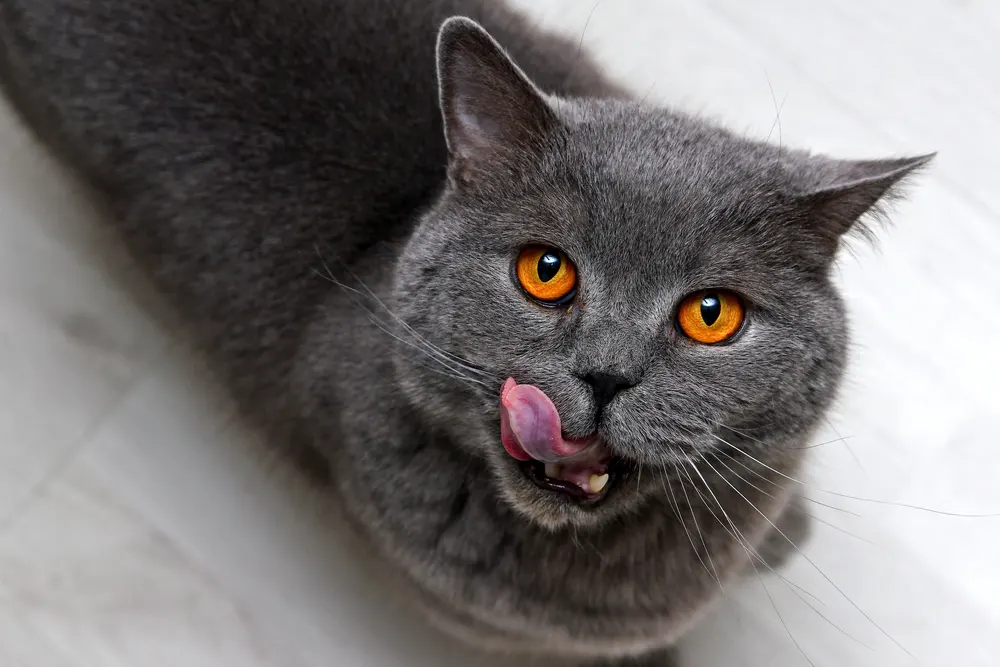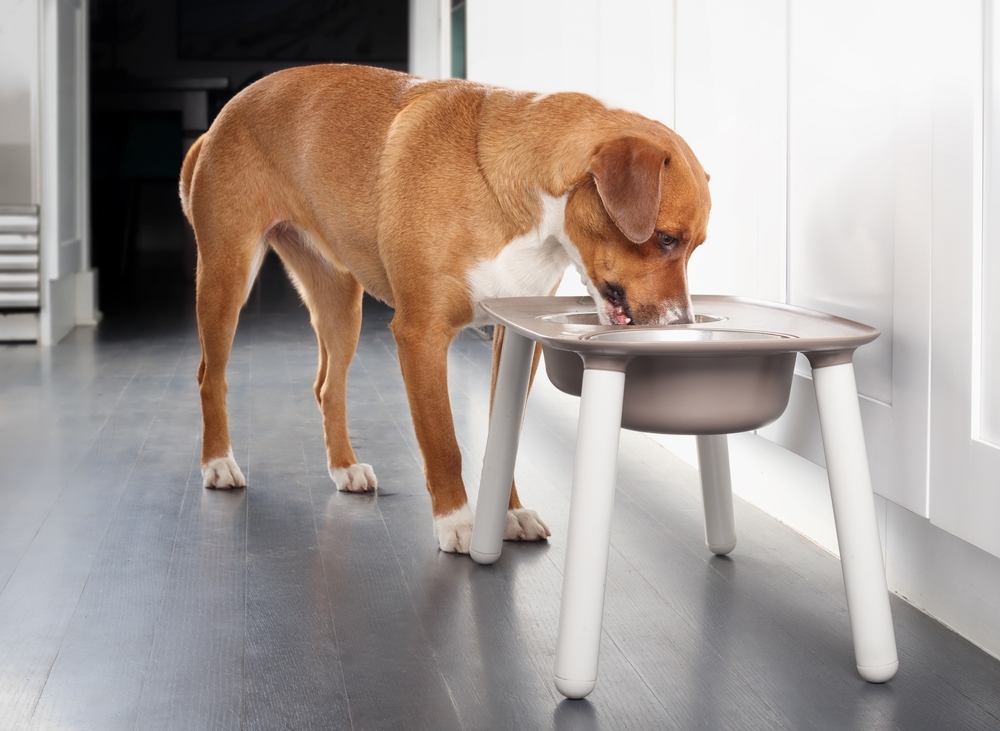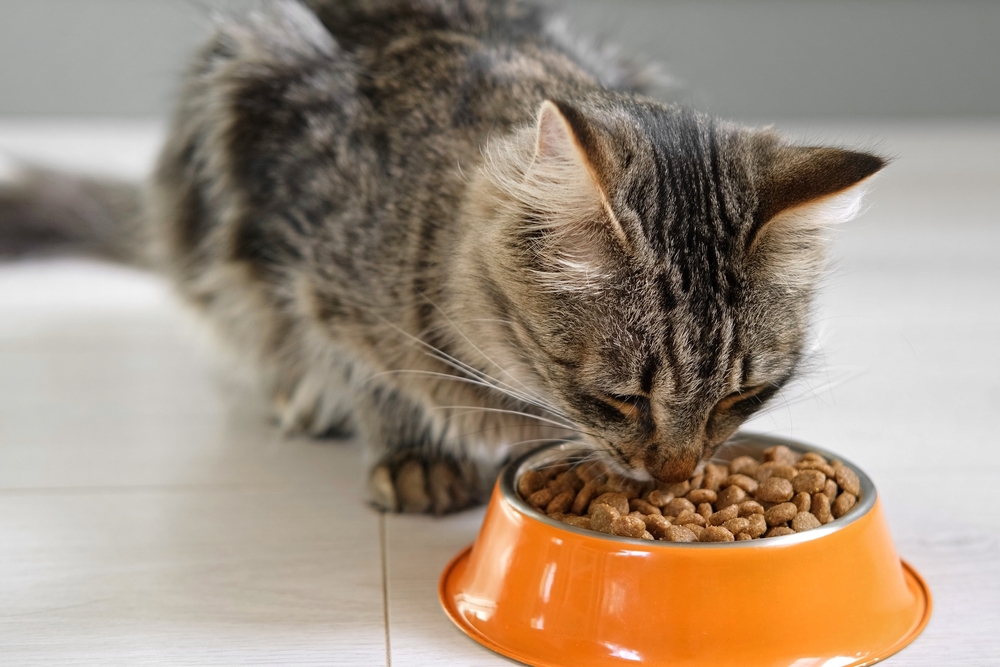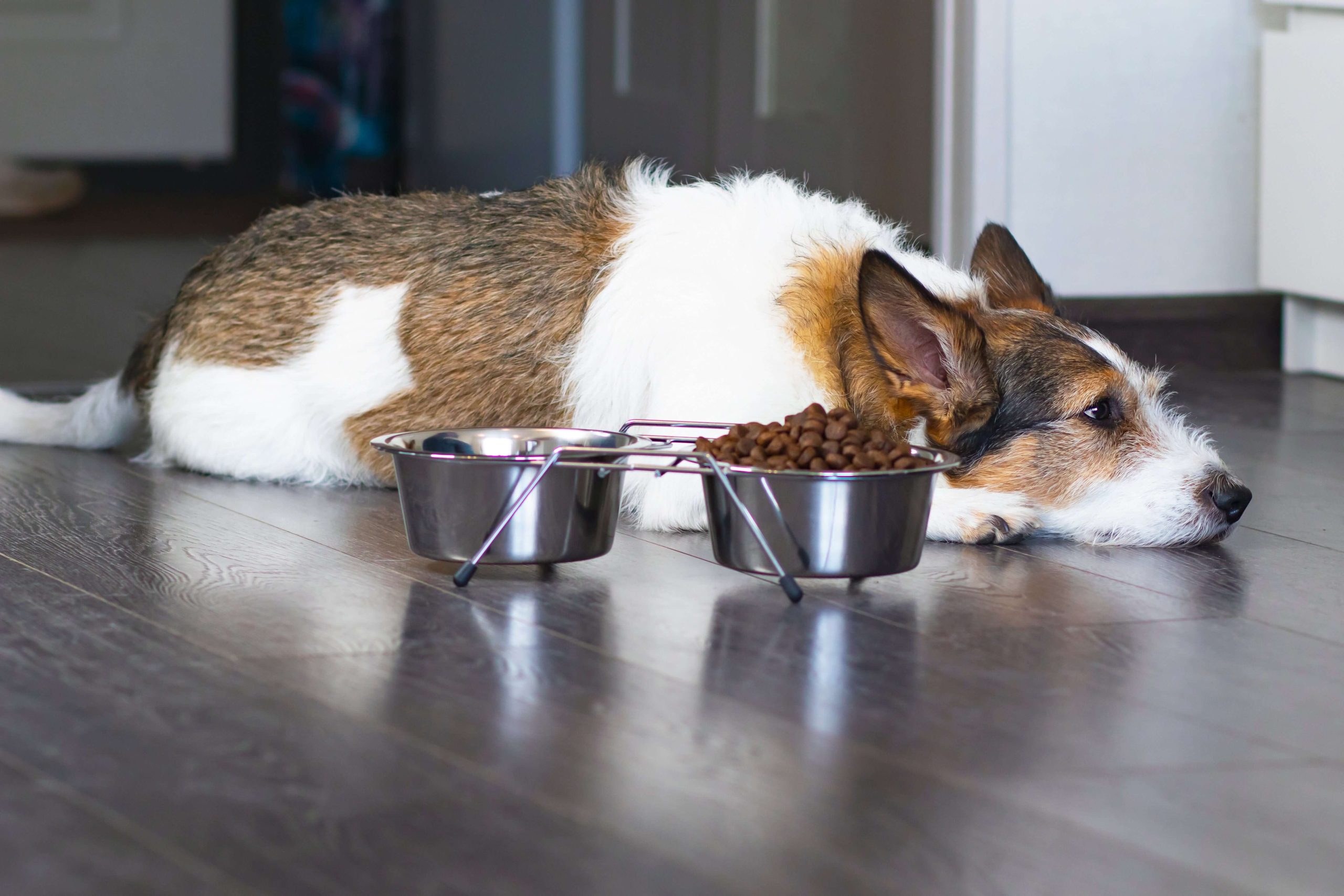
The Canine Comfort Zone: Why You Shouldn’t Hug Your Dog
January 18th 2024
Written by Clare Bradley, MSc, RVN and Companion Animal Behaviour Counsellor
Vet’s Klinic and www.talkingpetbehaviour.co.uk
As it is coming up to National Hug Your Dog Day, a day dedicated to embracing our four legged friends, it is important to consider our interactions with them and to interact with them effectively. Our furry friends bring immense joy and companionship into our lives, but when it comes to expressing affection, it’s crucial to understand that not all gestures are universally appreciated by our canine companions. One such gesture that can be a source of stress for many dogs is the human act of hugging. In this blog post, we will explore why hugging your dog might not be the best idea and how to respect their boundaries.
1. Canine Body Language:
Dogs communicate through body language, and understanding their signals is key to maintaining a positive relationship. When dogs feel uncomfortable, stressed, or threatened, they may exhibit signs such as flattened ears, lip licking, turning their head away from you or avoiding eye contact. Hugging can restrict their movement and trigger anxiety, as it goes against their natural instincts.
Dogs are social animals however being embraced in a hug can make them feel confined and vulnerable. Tight restraint can be associated with a potential threat and they feel like they are being trapped. They can’t get away from anything that scares them or makes them feel uncomfortable in your grasp. Plus as we give direct eye contact and place our faces near to someone else especially when in an embrace, this is especially threatening for them and they could misinterpret this as aggressive or threatening. Respecting their personal space is essential to fostering a sense of security and trust.
2. Individual Preferences:
Just like humans, dogs have unique personalities and preferences. While some may tolerate hugs, most may well find it uncomfortable or distressing. They may well display more stress signals in their body language. If the dog’s stress levels are too high, this could lead to an aggressive encounter such as a bite. This puts the person, whose face is next to them, at serious risk of harm and injury. It is essential to teach young children safe ways to interact with dogs and not to hug them. Pay attention to your dog’s reactions and be mindful of their comfort level with physical contact.
3. Stress and Anxiety:
For some dogs, hugs can induce stress and anxiety, leading to negative behaviours such as growling, snapping, or trying to escape the situation. It’s important to prioritise your dog’s emotional well-being and find alternative ways to show affection that they may find more enjoyable.
4. Alternative Ways to Show Affection:
Instead of hugging, consider alternative ways to express your love and build a strong bond with your dog. Engaging in playtime, doing training exercises or providing gentle stroking around their less sensitive areas such as their chest area can be more enjoyable for them and strengthen the human-canine bond.
Conclusion:
While the intention behind hugging a dog is often to show love, it’s crucial to recognize and respect their individual preferences and boundaries. Understanding canine body language and finding alternative ways to express affection will contribute to a happier and healthier relationship between you and your furry friend. Remember, a happy dog is one that is relaxed and feels secure and loved in a way that aligns with their natural instincts and preferences.

Clare Bradley RVN has been a Registered Veterinary Nurse for over 20 years, working part time at Vet’s Klinic and running her own pet behaviour business Talking Pet Behaviour. Clare has a Master’s Degree in Companion Animal Behaviour Counselling and she has a particular interest in cat behaviour.

 Shop Dog
Shop Dog
 Shop Cat
Shop Cat
 Vet Know-how
Vet Know-how Contact
Contact


